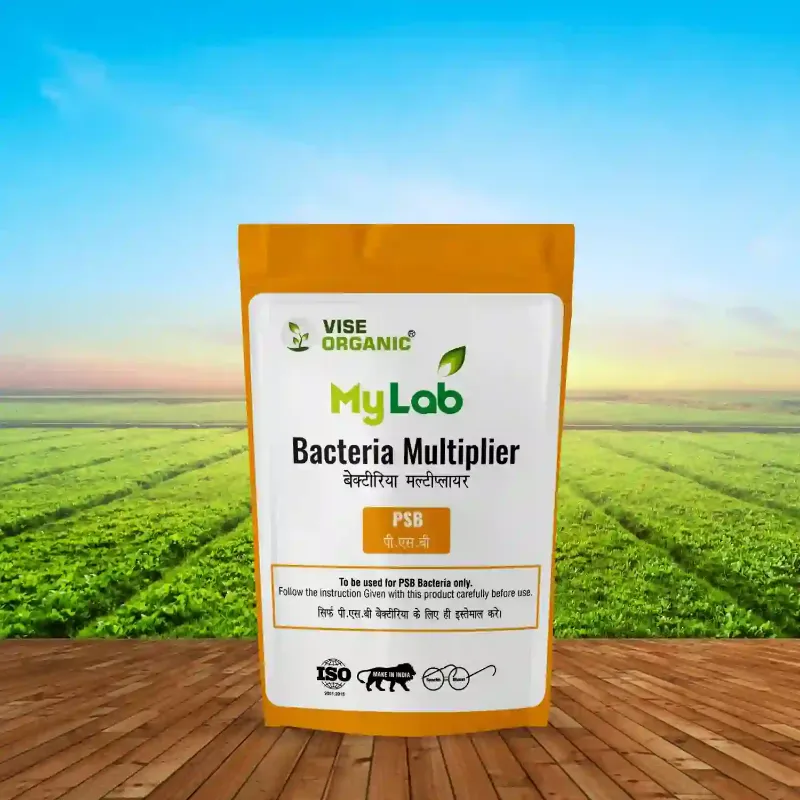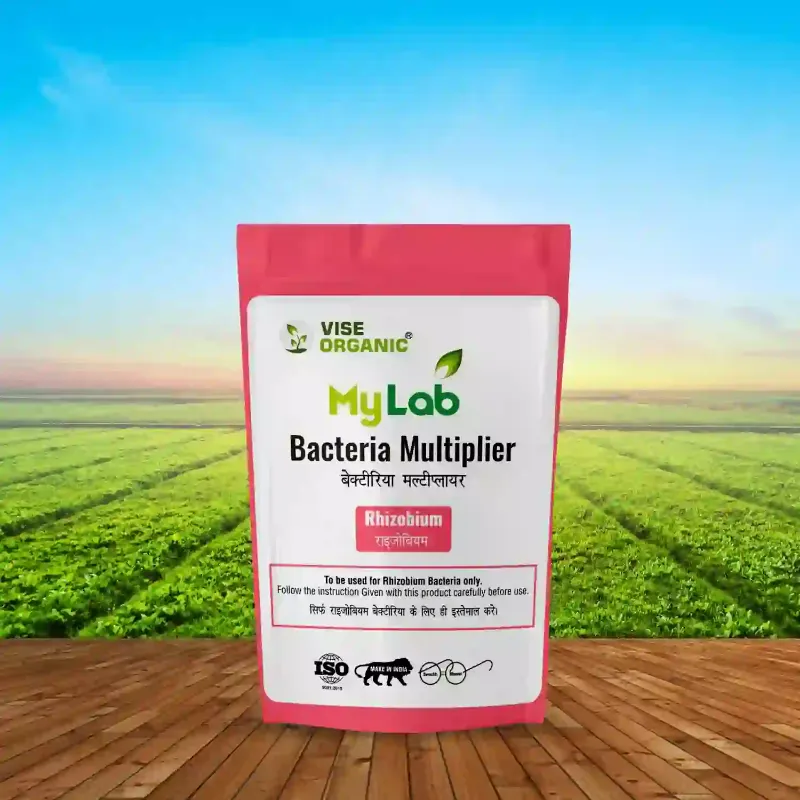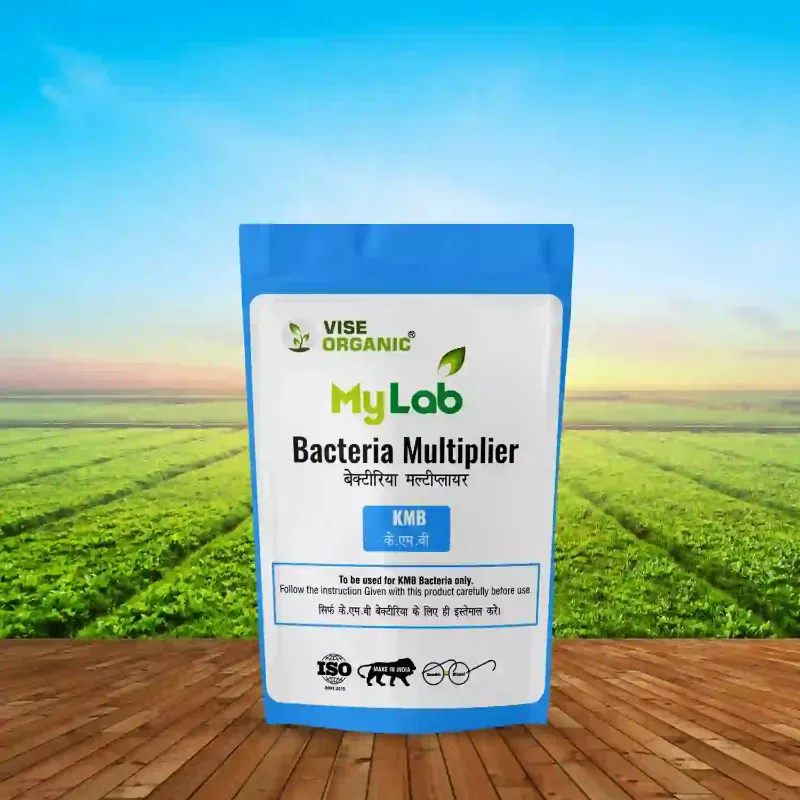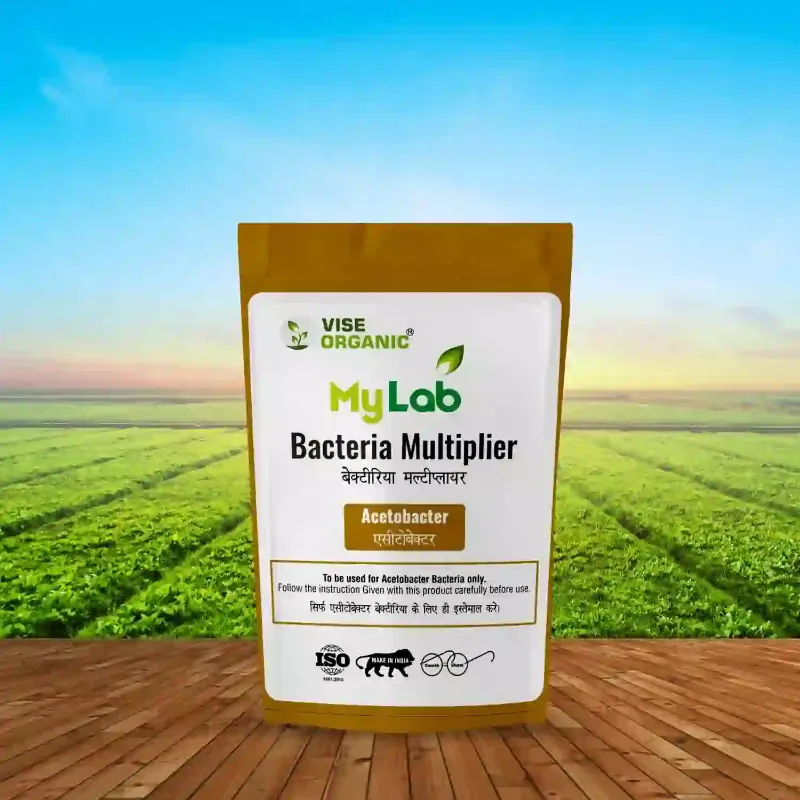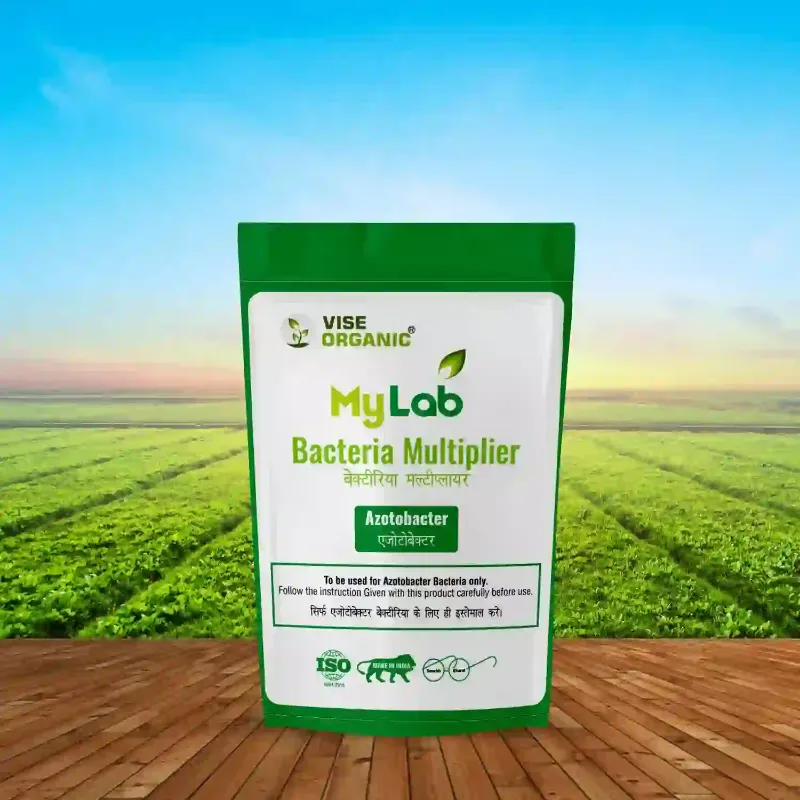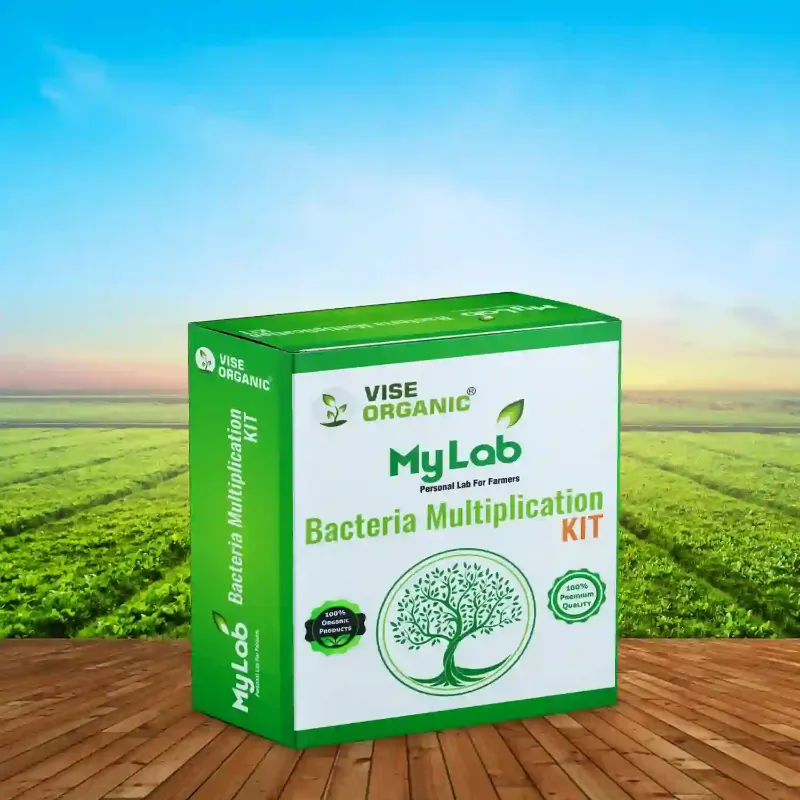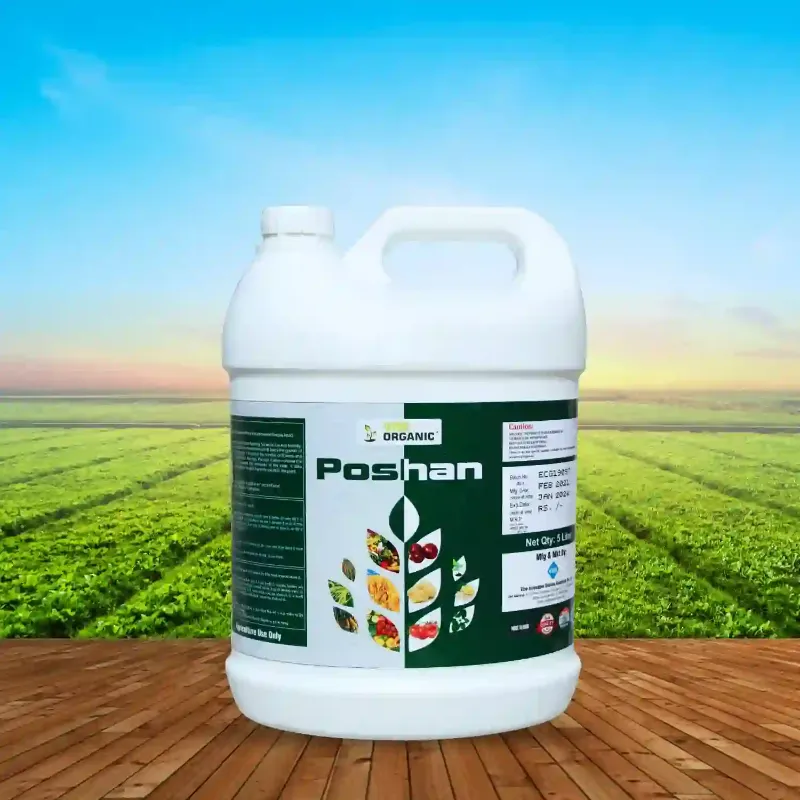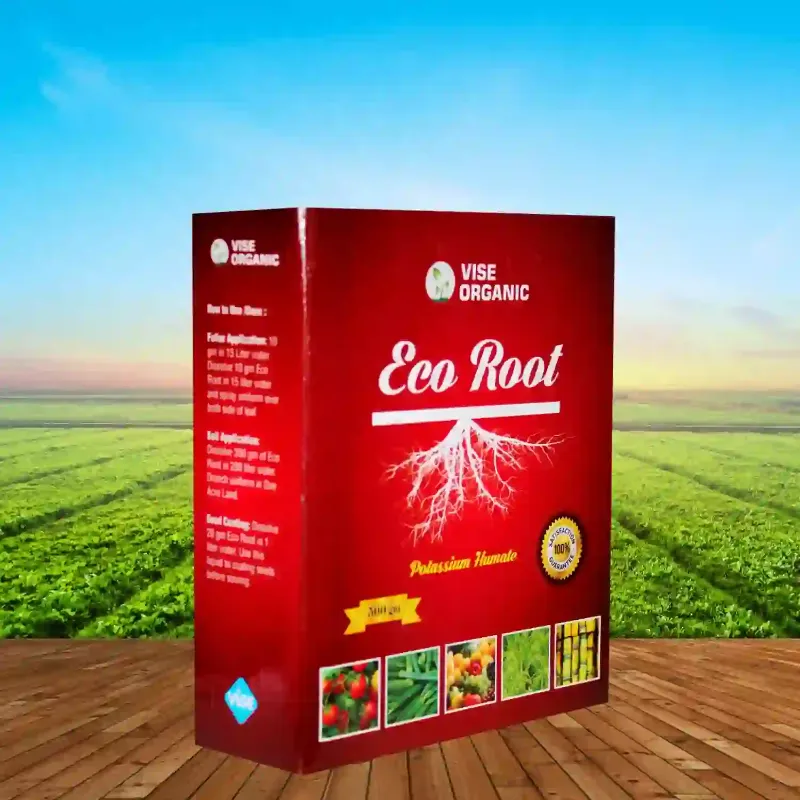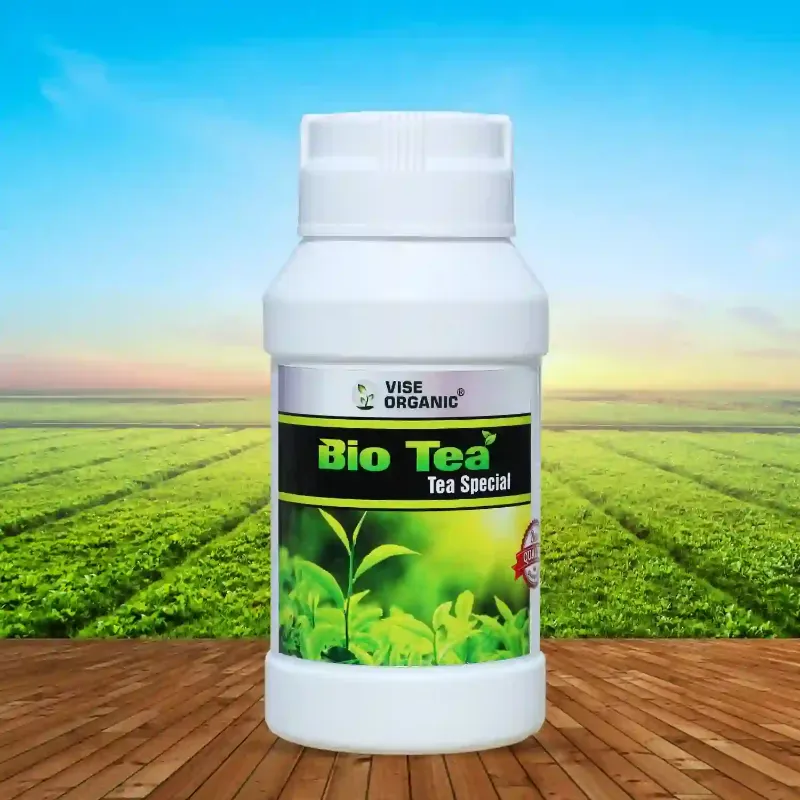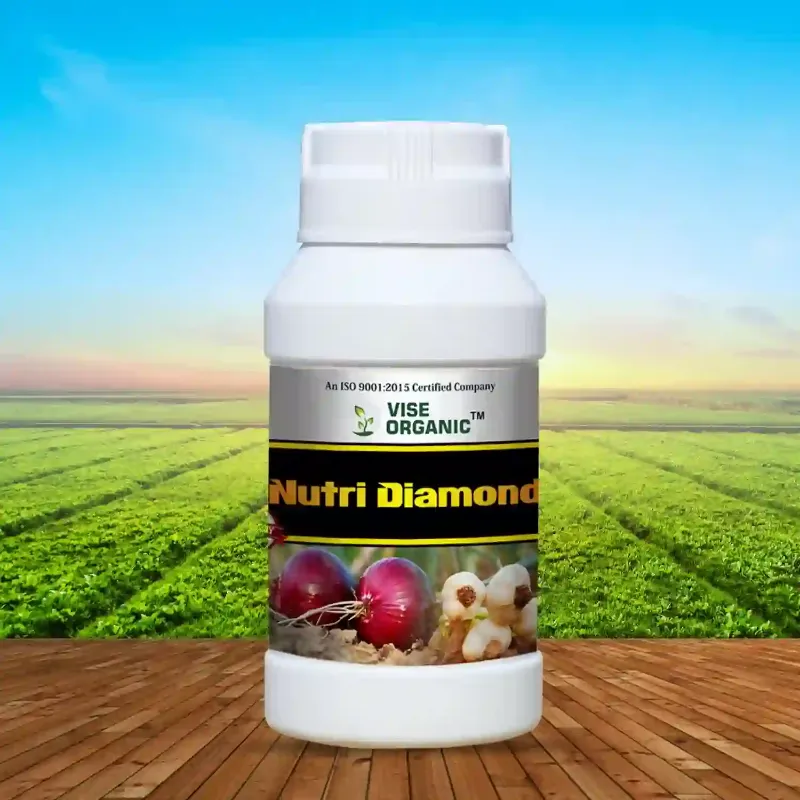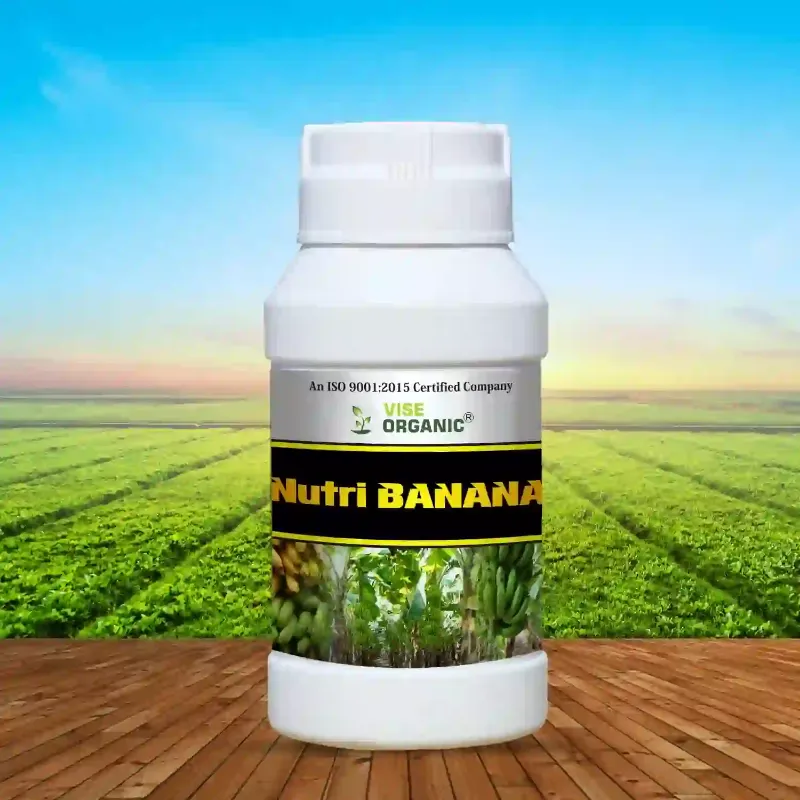Introduction
VISE Organic is dedicated to advancing sustainable agriculture by providing innovative solutions that enhance soil health and fertility. Our commitment to organic farming practices supports the development of healthier soil ecosystems, benefiting both farmers and the environment. VISE Organic specializes in high-quality organic fertilizers and soil health products designed to improve soil structure and fertility. Our range of products, including plant growth promoters and organic fertilizers, is crafted to enhance nutrient availability, support beneficial microorganisms, and promote sustainable farming practices. By focusing on natural ingredients and environmentally friendly methods, VISE Organic helps farmers achieve optimal crop yields while maintaining soil health. Our products contribute to a balanced soil ecosystem, ensuring long-term agricultural sustainability and environmental protection.
Benefits of Organic Farming Practices
- Improved Soil Structure: Organic farming boosts soil structure by increasing organic matter, which improves aeration, water retention, and drainage.
- Enhanced Microbial Activity: Organic practices increase beneficial soil microorganisms, essential for nutrient cycling and soil health.
- Increased Nutrient Availability: Organic matter from compost and green manures improves the availability of essential nutrients, supporting better plant growth.
- Reduced Soil Erosion: Healthy soil with increased organic matter resists erosion, preserves topsoil, and maintains land productivity.
- Balanced pH Levels: Organic farming helps in maintaining balanced soil pH levels, creating a conducive environment for plant growth.
- Enhanced Soil Fertility: Organic inputs contribute to long-term soil fertility by replenishing nutrients and improving soil organic content.
- Natural Pest and Disease Management: Healthy soils support natural pest and disease control mechanisms, reducing the need for chemical interventions.
- Increased Soil Biodiversity: Organic farming boosts biodiversity by supporting soil organisms, resulting in a more resilient and balanced ecosystem.
Main Answer
- Enhancing Soil Structure: Organic farming practices improve soil structure by increasing the amount of organic matter, such as compost and manure, in the soil. This organic matter acts as a binder, improving soil aggregation, aeration, and water infiltration, which supports healthier plant root systems.
- Boosting Beneficial Microbes: The addition of organic materials, consequently, encourages the growth of beneficial microorganisms, including bacteria, fungi, and earthworms. Furthermore, these microbes help decompose organic matter, thereby making nutrients more available to plants and enhancing soil health.
- Improving Nutrient Cycling: Organic farming enhances nutrient cycling through natural processes. Additionally, organic inputs like compost and green manures provide a steady release of nutrients. As a result, plants receive a balanced diet, which not only supports their growth but also reduces the need for synthetic fertilizers.
- Preventing Soil Erosion: By increasing soil organic matter and improving soil structure, organic farming effectively reduces soil erosion. Consequently, healthy soils with good structures become more resistant to wind and water erosion. As a result, topsoil is preserved, which in turn maintains land productivity.
- Maintaining Soil pH: Organic farming practices help maintain balanced soil pH levels by using natural soil amendments and by avoiding the use of synthetic chemicals. Consequently, this balance creates an optimal environment for plant growth and nutrient availability.
Conclusion
Organic farming plays a crucial role in promoting healthier soil ecosystems through its focus on natural inputs and sustainable practices. By enhancing soil structure, boosting microbial activity, and improving nutrient availability, organic farming supports the development of resilient and fertile soils. These practices contribute to reduced soil erosion, balanced soil pH, and increased soil biodiversity, all of which are essential for long-term agricultural sustainability. VISE Organic supports farmers in adopting organic practices that benefit soil health and ensure a sustainable future for agriculture. Embracing organic farming not only improves soil ecosystems but also contributes to a more environmentally friendly and productive farming approach.

